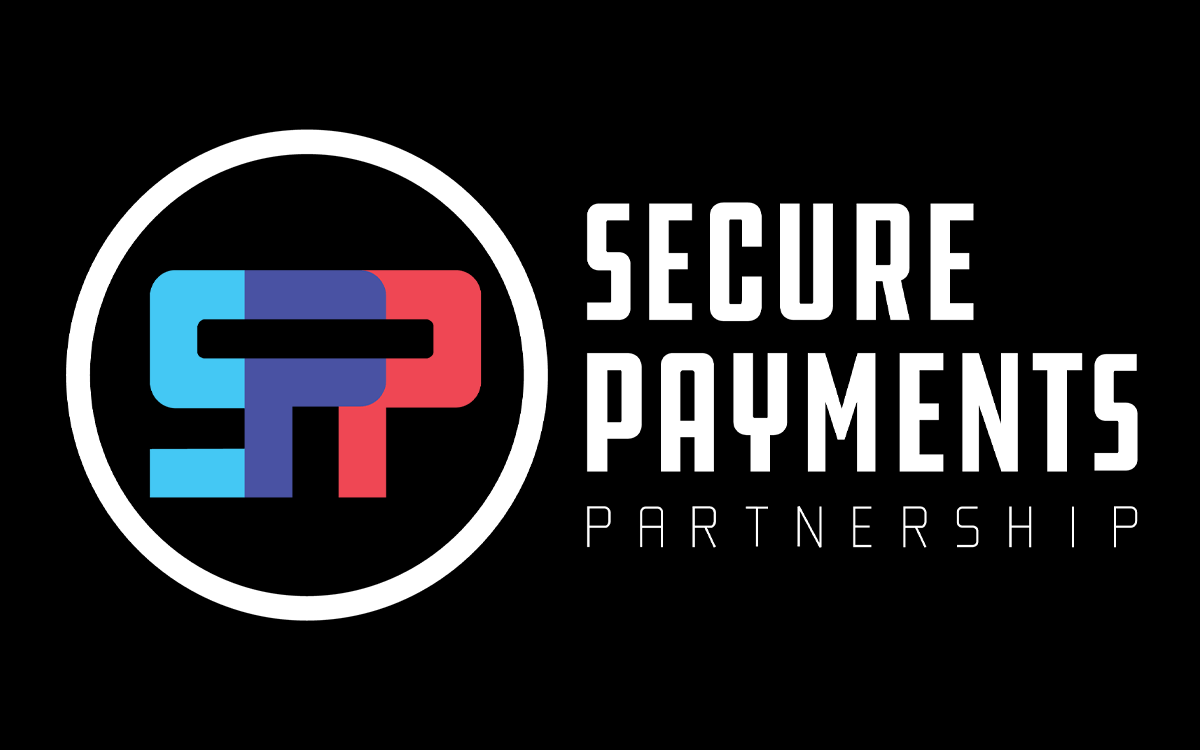
Retail and payments industry leaders today announced the formation of the Secure Payments Partnership (SPP), a unique partnership formed to promote security across the payments system. SPP marks the first time these interests representing diverse parts of the payments system have joined forces to address the ongoing battle against payment fraud and devise improvements for the U.S. card payment system.

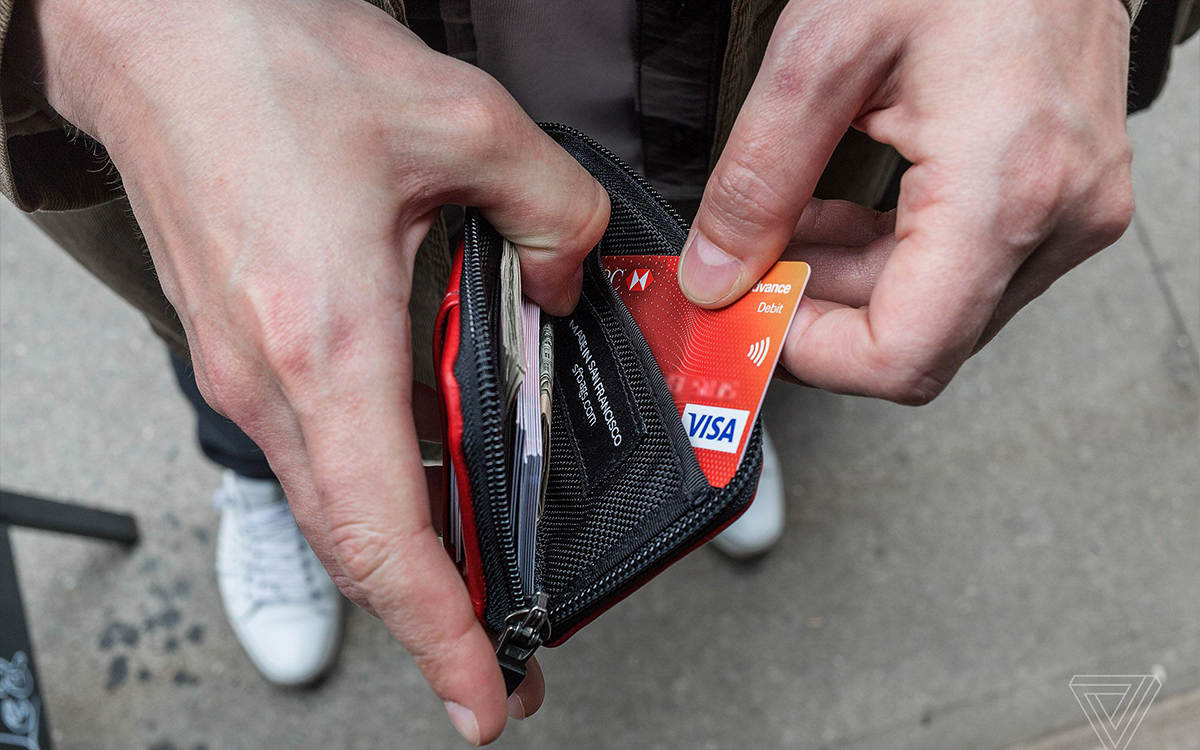
Some users in the UK and other parts of Europe are experiencing problems paying for purchases with Visa cards for several hours now, as first spotted by Bloomberg today. It turns out Visa is experiencing a network failure, with the company now saying it’s investigating the issue. […] Users who only have Visa cards in their wallet are left dealing with long lines at train station ticket counters and limited means of paying for purchases.

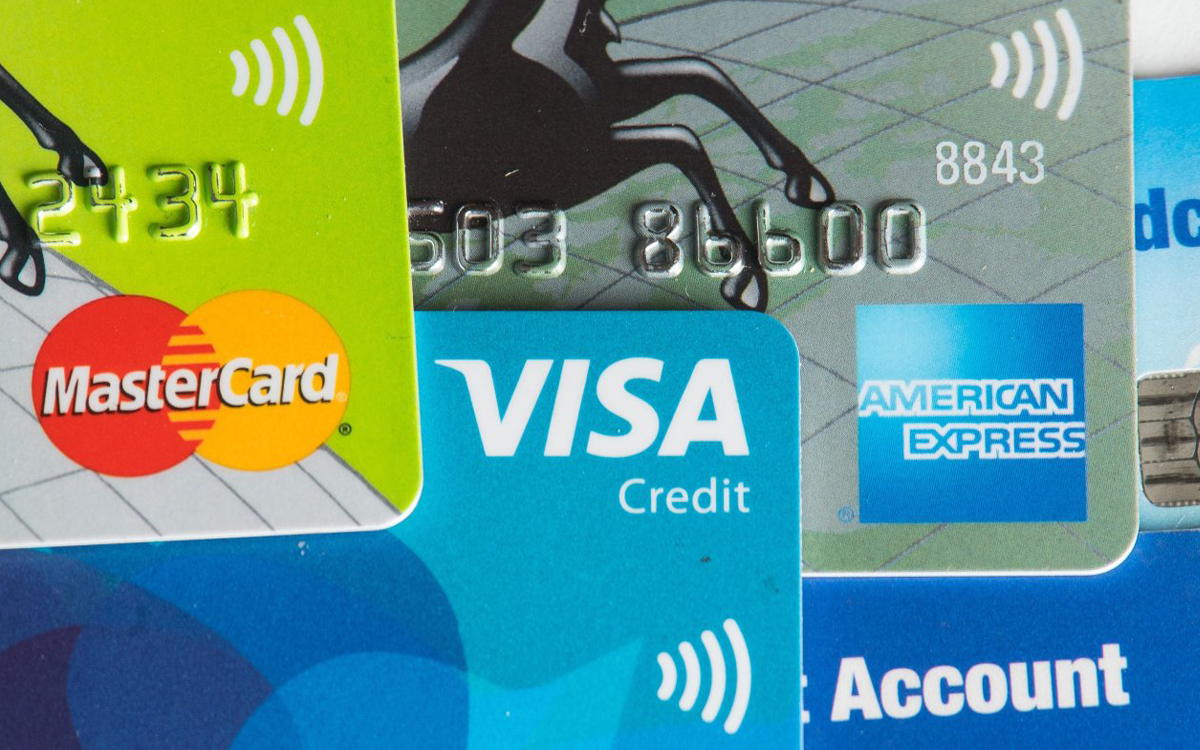
“The meeting occurred several weeks after the FTC received a bipartisan letter signed by nine congressional representatives that asked the regulator to “closely review” standards that the large card networks are implementing and to ensure they aren’t “used to anticompetitive ends.”

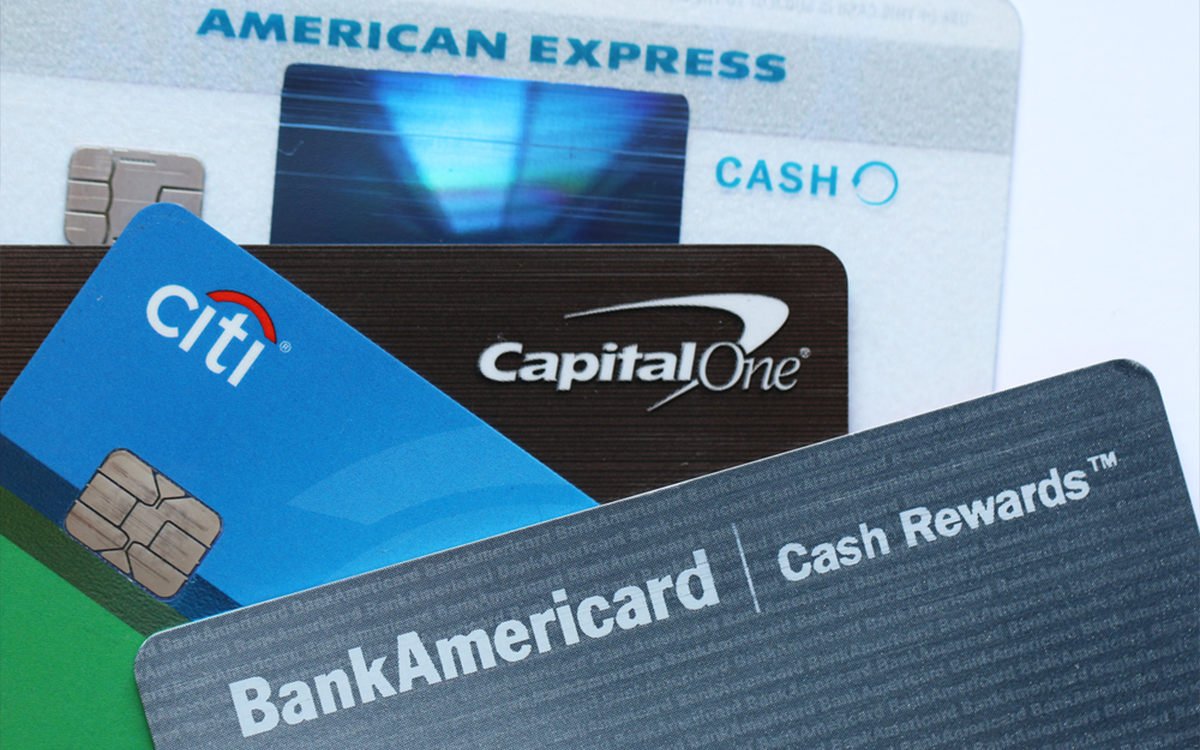
Remember, that PIN works like your debit card. You’re required to enter it when you go to make a purchase. That helps prevent people from stealing your physical card and using it to rack up fraudulent charges. If they don’t have the PIN, they probably can’t use the card — even if they have the card in hand. When given the option, make sure you opt for chip-and-PIN cards over chip-and-signature cards. The PIN is what stops people who may take your actual card and use it without your authorization.


“Many other parts of the world are ahead of us when it comes to mobile transactions. We need to ensure new mobile payment technologies take root and flourish here. One key to these technologies taking off is ensuring the incumbent players in the payments industry do not use their market positions to block the development of these technologies.”

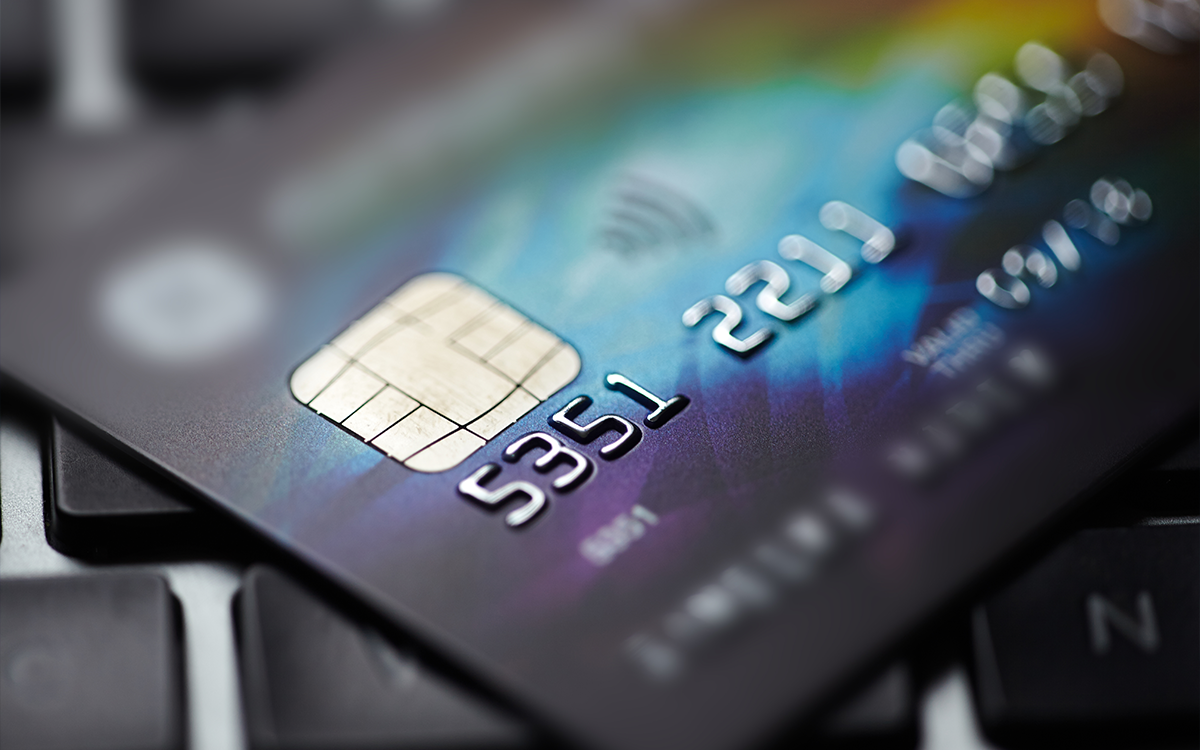
The chip cards have an extra layer of security across most of Canada and Europe where shoppers use a four digit PIN, just like our debit cards. Here in the U.S. only a signature is required for most credit card sales. “I can take your wallet this afternoon and I can go on a shopping spree,” explained Abramson.

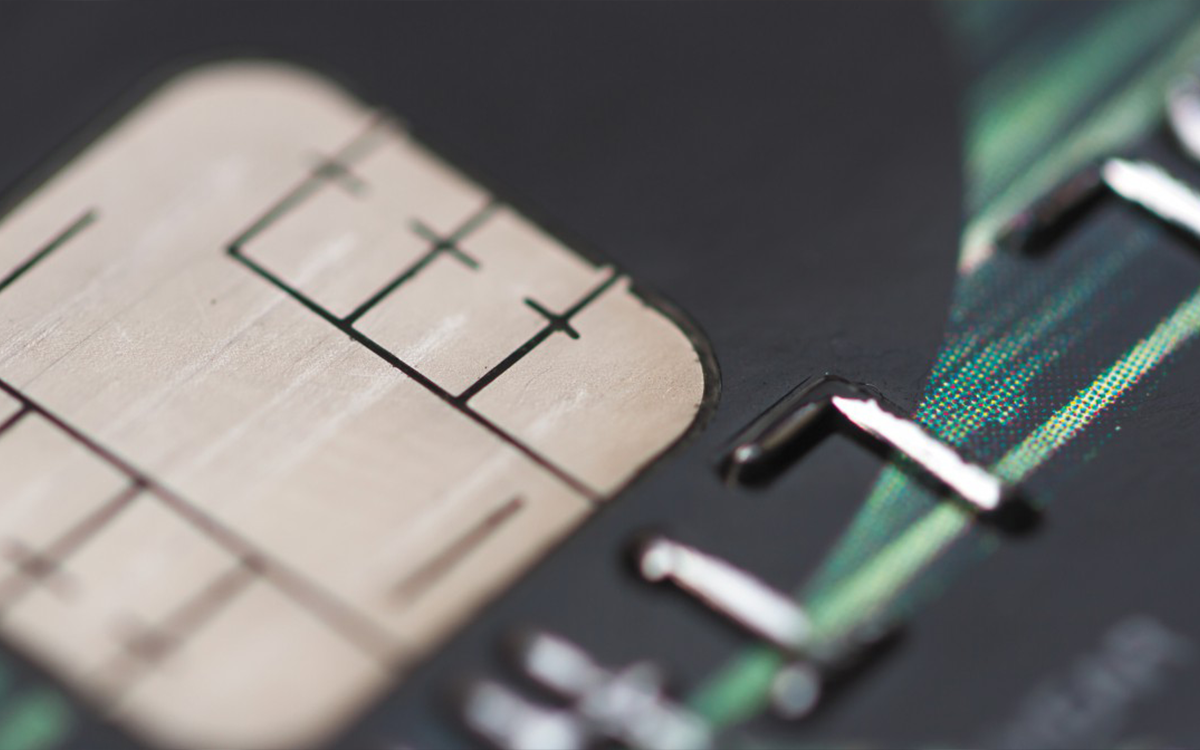
Retail losses from fraud are continuing to increase despite the introduction of EMV chip cards that were supposed to dramatically reduce credit card fraud, according to a new study from LexisNexis. Each retail company surveyed saw an average of 238 successful fraud incidents a month in 2017, with an average transaction value of $181, according to the “True Cost of Fraud” study.

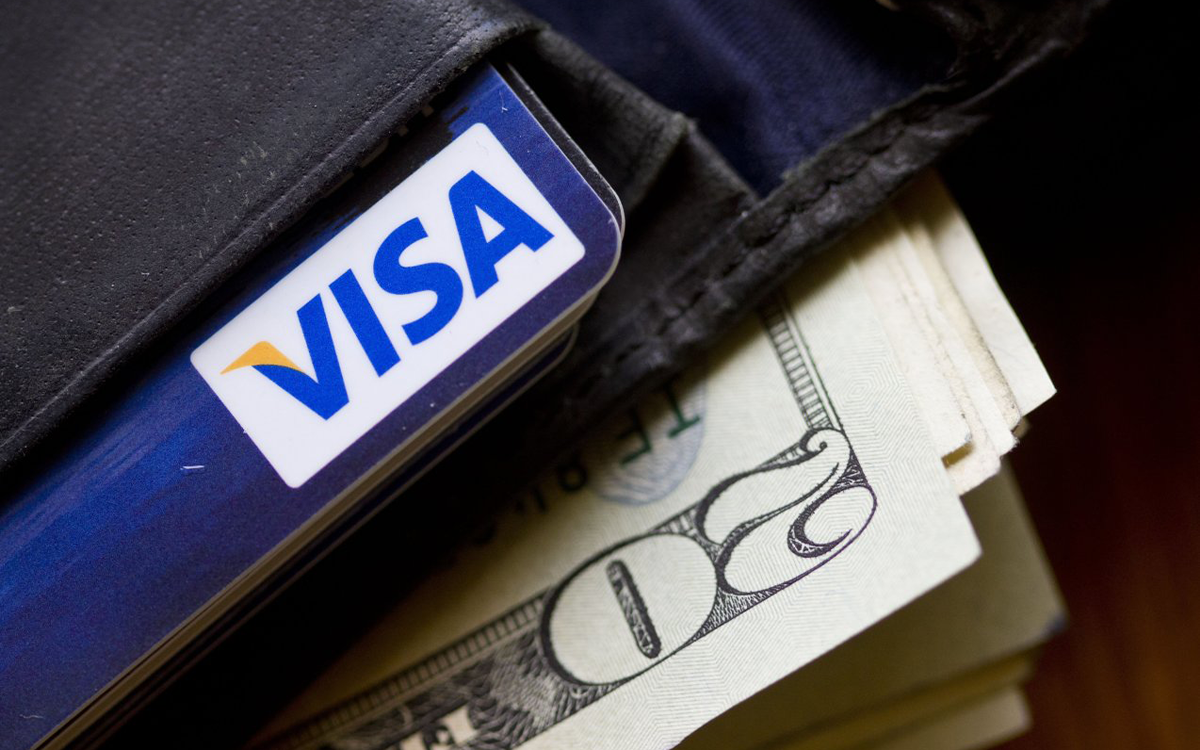
Visa Inc. is ditching the signature. […] As more commerce has migrated online and to mobile phones, signatures have been replaced by passwords, fingerprint recognition and other biometrics. […] In most of Europe, consumers have used chip credit cards for decades and have had to validate a transaction using a personal identification number, or PIN.


“The banks won’t let you take a $20 bill out of an ATM without a PIN, but they won’t require a chip and PIN for a credit card transaction; it makes no sense. […] The banks say a PIN is static, it doesn’t change, but if it’s lost or stolen, the user can change it. You can’t change a signature.”

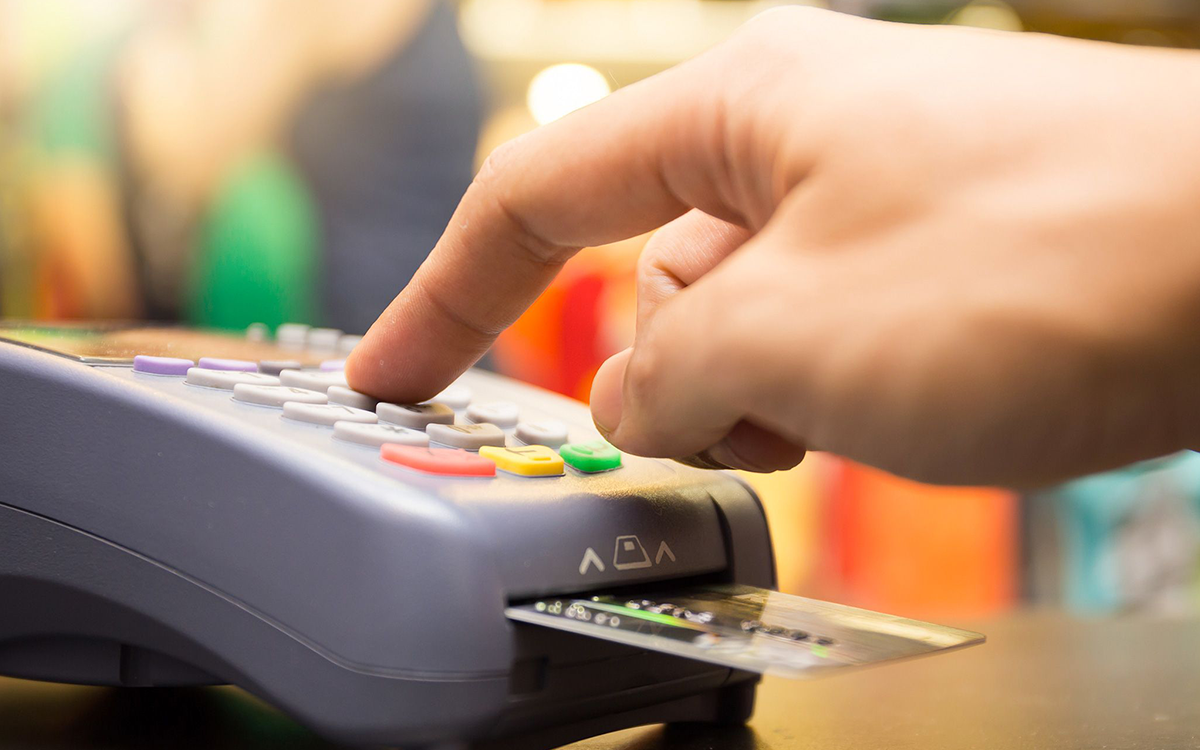
In a 19-page white paper submitted to the FTC, NRF said the card companies use their market power to “unfairly leverage their brands and proprietary technology through webs of closely controlled interdependent bodies and compliance regimes” including the council. While portrayed as voluntary, the Payment Card Industry Data Security Standard requirements set by the council are “forced upon businesses that cannot refuse to accept credit and debit cards.”
